
Foie gras without a guilty conscience
The term foie gras often has negative connotations. The reason for this is foie gras production, in which the animals suffer great suffering. After top restaurateurs developed recipes with unstuffed liver, Migros is now also offering «Happy Foie». This is an animal-friendly foie gras that is supposed to taste just as good as the original. Patents are used to protect the inventors.
Monday, March 11, 2024
The ancient Romans recognised that migratory birds such as ducks and geese have an enormous appetite and began to fatten them up. Over the course of time, this was «perfected» more and more – until the animals were force-fed in the last few weeks before slaughter. The geese and ducks are fattened until their livers become pathologically fatty and they can barely move or breathe.
The consumption of stuffed goose or duck liver – known as foie gras – is therefore associated with a guilty conscience for many, and the search for alternatives is going in various directions, as the specialist food newspaper delikatessenschweiz.ch has summarised. Many countries have already put a stop to the highly controversial production of foie gras. The production method has also been banned in Switzerland since 1978, but not the import of products with stuffed liver. This repeatedly leads to initiatives and emotional exchanges in the Swiss parliament.
Foie gras lovers need no longer have any scruples: As the «Tages Anzeiger» reported back in 2017, innovative restaurateurs such as top chef and cookbook author Peter Brunner have developed flavourful recipes with unstuffed liver. Even as an apprentice, it bothered him that whole ducks were ordered in the catering trade, the breasts prepared for the guests, the thighs served to the staff – and the rest disposed of. «At the same time, our boss was buying foie gras for a lot of money», he told the «Tages Anzeiger» newspaper, describing his youthful concerns and was probably one of the pioneers of the «nose to tail» movement, which advocates the utilisation of the whole animal. Brunner also had the recipe for his duck liver terrine patented in 1996. In contrast to a trade secret, a patent makes the manufacturing process public and can then be used by anyone for further innovation in return for a license fee paid to the inventor for 20 years. This is how patents promote innovation.
Animal-friendly alternatives find their way into the retail trade
Peter Brunner's recipe found its way into the professional catering trade and was made available to everyone in 2017 in the aforementioned Tages Anzeiger article. Migros recently started offering foie gras that does not involve the animals suffering any torture. The so-called «Happy Foie» thus offers a real alternative to the frowned upon foie gras. In an interview with «Migros Magazin», inventor Tobias Sudhoff explains how he developed the animal-friendly culinary specialty and who he wants to reach with it.
The German spent a whole two years working on the development of sustainable foie gras. «When I started in 2018, I was still head chef at a one-star restaurant near Münster in North Rhine-Westphalia. The guests there expected foie gras on the menu as a matter of course.» It was therefore important to him to offer a variant without animal suffering.
He is more than satisfied with the result. The «Happy Foie» tastes just as good as the conventional product. «Several blind tastings confirm that the flavour of the Happy Foie is on a par. This applies not only to the flavour, but also to the mouthfeel», says Sudhoff. However, this was by no means an easy endeavour. They had to replicate the melting properties of conventional foie gras – «a highly complex process», the chef is quoted as saying in Migros Magazin. The employees had to take enormous care to ensure that the temperature in the cauldron was exactly right. «This is the only way to achieve the unique melting, creaminess and fine, compact texture of foie gras.»
Protecting innovation through patents
One thing is clear: the German has probably struck a nerve with his invention. Sudhoff's innovative foie gras is now set to revolutionize the delicatessen market outside of the catering industry. Consequently, the production of sustainable goose and duck liver is a patent-pending process, according to the product manufacturer's website. The patent harbours a lot of potential. This makes the product a valuable business idea that can be marketed worldwide for the benefit of animal welfare and at the same time protects the inventor and guarantees him income from his invention. Double protection, in other words, which at the same time enables further innovations based on it.
Kindly note:
We, a non-native editorial team value clear and faultless communication. At times we have to prioritize speed over perfection, utilizing tools, that are still learning.
We are deepL sorry for any observed stylistic or spelling errors.
Related articles
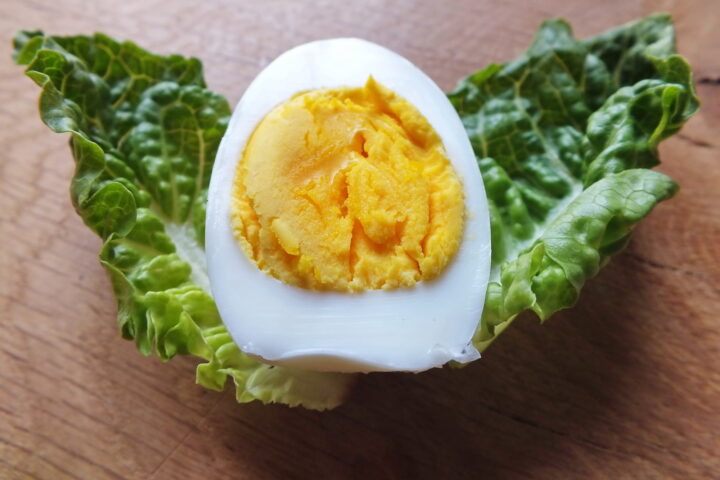
The search for the egg of the future
Boiled, stirred, fried: Eggs are not only popular at Easter. At the same time, there is increasing interest in alternatives to the animal protein products that are common in our country. The search for new protein sources therefore does not stop at chicken eggs. The "egg substitute" can come from exotic jellyfish, as well as from a wide variety of plant sources. The result: The demand for protein-rich crops is growing.
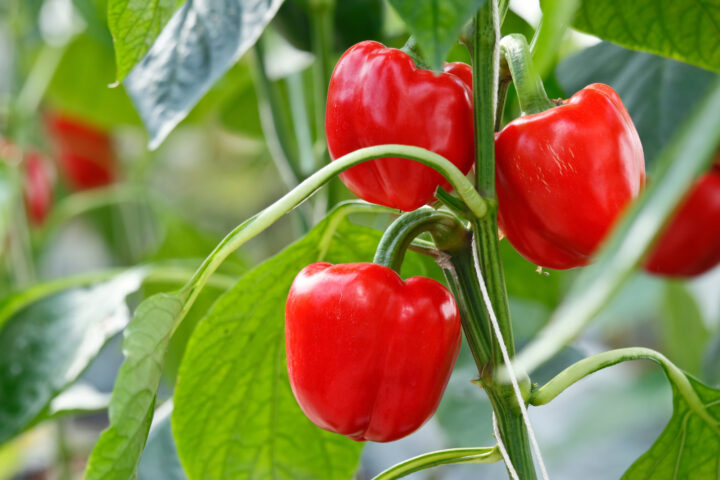
The ‘pepper patent’ controversy
The European Patent Office (EPO) has dismissed an appeal by various NGOs against a patent on a bell pepper held by Syngenta. This has been reported in various media. However, the furor whipped up by the media in connection with these plant-related patents is unwarranted. There is no need for plant breeders to fear a ‘patent trap.’ On the contrary, patents promote transparency and help to drive progress.
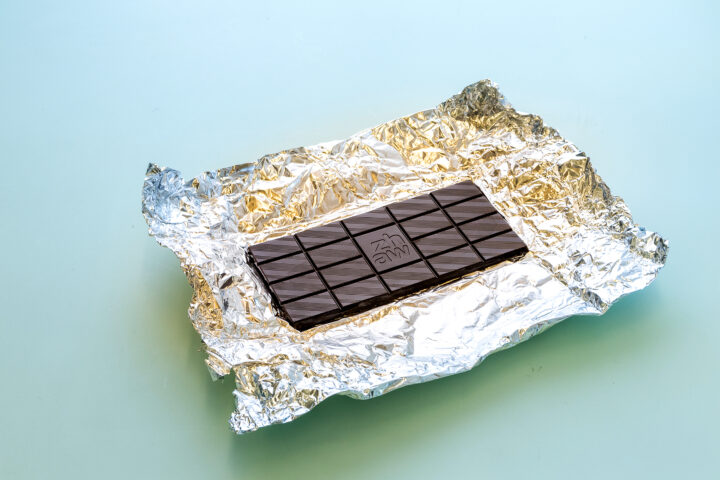
Sustainable food from the bioreactor
Feed more people and waste less raw materials – we are achieving this goal thanks to "sustainability from the laboratory," Tilo Hühn is convinced. Together with a team of 80 at the Zurich University of Applied Sciences (ZHAW), the food architect is researching sustainable nutrition solutions.

Why Strict GMO Regulation Stifles Innovation
New breeding techniques such as CRISPR-Cas are considered key to developing resilient crops, stable yields and reducing the need for plant protection products. ETH professor Bruno Studer warns that overregulating these technologies strengthens precisely those large agricultural corporations that critics seek to curb, while excluding smaller breeders and start-ups from the market.

A Superfood with Benefits and Challenges
Sweet lupin is Biovision’s “Superfood of the Year 2026.” It delivers high protein content, improves soils and supports biodiversity. Yet a closer look at agricultural practice shows that without breeding, crop protection and innovation, even this superfood remains a challenging crop.
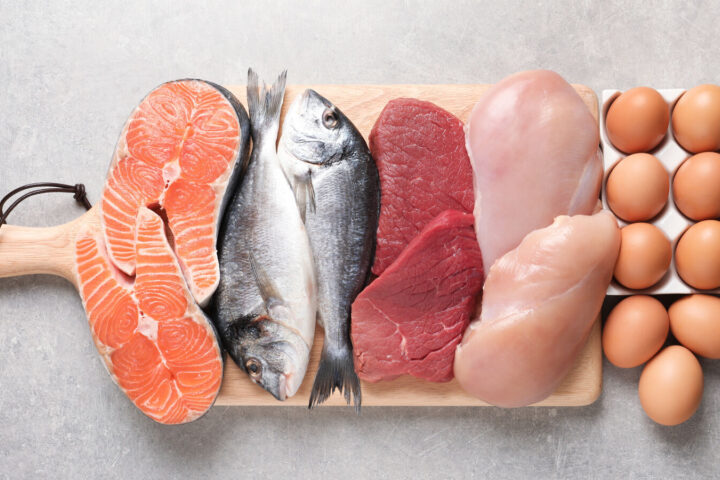
Sales bans due to PFAS: Should we be worried?
After spectacular sales bans on fish and meat due to PFAS contamination, consumers are asking themselves: How dangerous are these substances really – and what can still be placed in the shopping basket without concern?
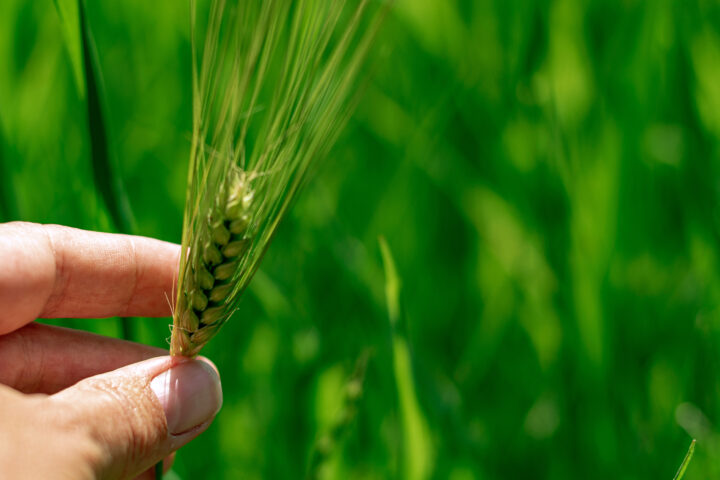
How German Experts View New Breeding Techniques
In hardly any other country is the idyllic image of organic farming cultivated in the public sphere as carefully as in Germany. Naturalness and rural authenticity are powerful mental refuges for many Germans. Against this backdrop, it is hardly surprising that resistance to new breeding techniques is strong – and that ignorance about the realities of organic farming sometimes appears almost deliberate.

